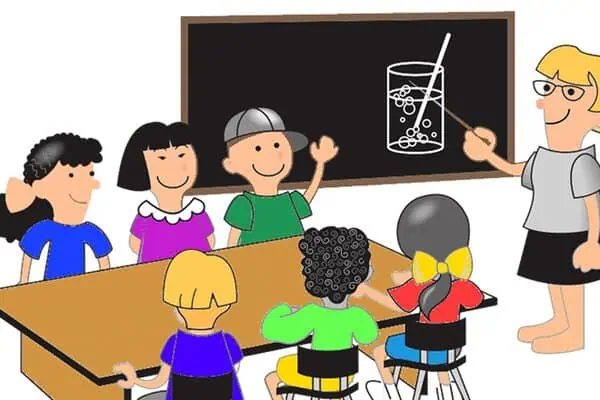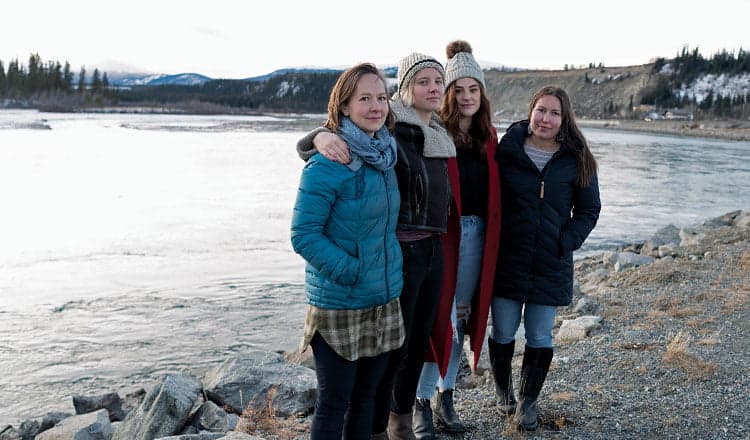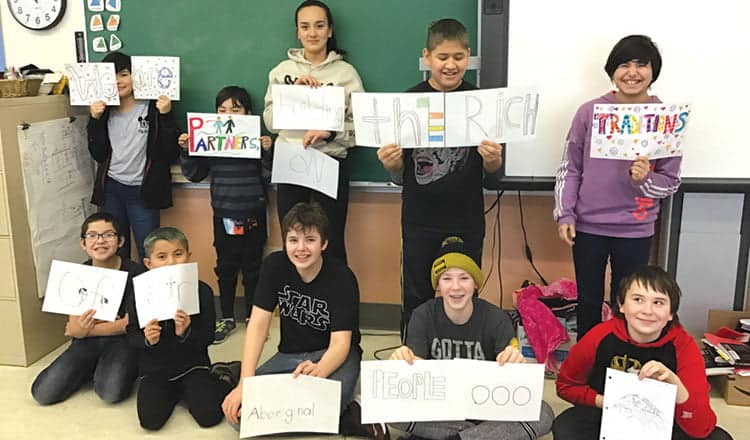Cleaning out filing cabinets might have been a good idea 30 years ago, but it’s left the Yukon Employee Union (YEU) STEP student with a lot of research.
Hired as an archiving assistant, Conal Slobodin’s curiosity left him wanting to fill holes in the union’s records. He started to question past unclear documents, so his supervisor encouraged him to dig deeper.
Two summers of interviewing first-hand sources, rummaging through files and chasing down newspaper articles at the archives left Slobodin with a clearer picture.
“It’s hard to look forward without seeing where circumstances came from,” explains Slobodin, who is a history major at Queen’s University. “This particular history of the union shows people where the Yukon came from.”
What started as a two-page write up on the union’s first meeting has turned into roughly 80 pages on the union’s successes and battles. The YEU’s past contains tidbits of history for the Yukon, Canada and the world.
“I try to mention outside events having their effects on the territory. I think that it adds flavour to it and makes it less mundane and boring than if you were to go on a long chronological history,” explains Slobodin.
The union represents about 4,000 workers, so Slobodin needs to keep the history entertaining. He writes it as a narrative and includes quirky little stories.
“Not everybody is as keen on history as I am, so you want it to be approachable and accessible to everybody.”
A small office and a lack of storage led to the destruction of 15 years’ worth of files in the early ’70s. Eight years of history, starting in 1966, are blurry. With nothing in the archives, Slobodin’s only links are past employees, most of whom are out of the territory, have passed away or simply don’t remember.
“Sometimes the way history works is you run out of luck,” he says. Nonetheless, his project is coming together nicely. The final product will cover the union’s history from 1965, when it was first created, to 1990.
YEU would like to produce the history as a book for its 50th anniversary in 2015. Since students can only work the same STEP position twice, another historian will take over.
“That leaves the door open for more STEP students to have this experience that I’ve had and put their flavour on history,” says Slobodin.
“I don’t believe that any form of history should be written by one person, even if it’s a small history, because there are different takes on history and different priorities.”
Working with first-hand sources is a valuable experience to any university history student, especially one who wants to learn about Yukon heritage. And, as Slobodin explains, that’s important.
“History is the record of what people are. Humanity is always going forward, hopefully, but I mean, it’s hard to move forward when you don’t know where you are coming from.”




